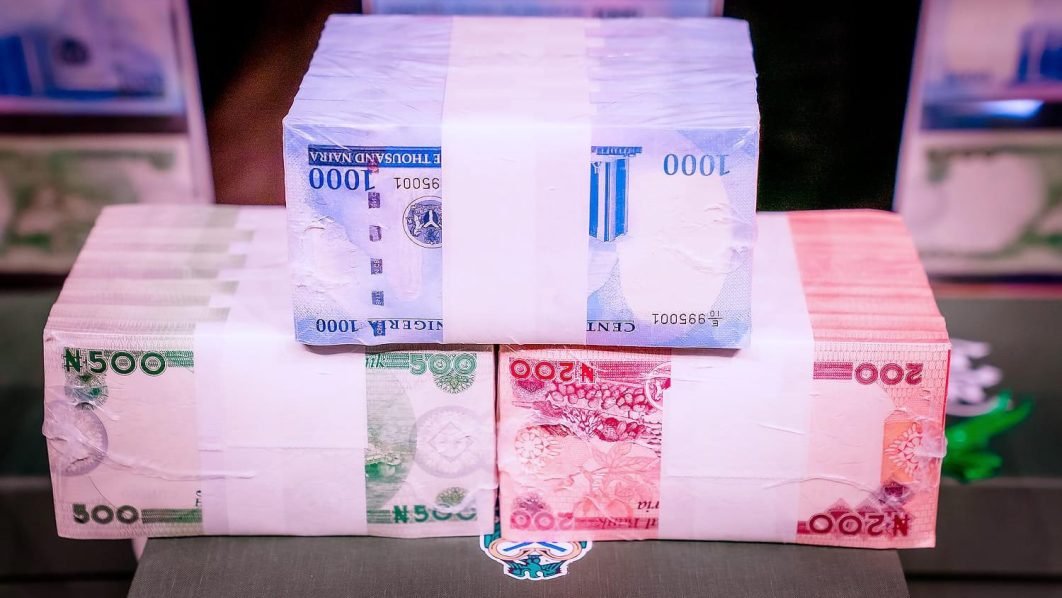Public interest lawyer, Chief Malcolm Emokiniovo Omirhobo, on Thursday, decried the Arabic inscription on the redesigned 200, 500, and 1000 naira notes by the Central Bank of Nigeria, CBN, alleging that it is inimical to the unity of Nigeria.
Expressing his views in a statement, he argued that Arabic is not one of Nigeria’s four official languages, namely English, Yoruba, Hausa, and Igbo, and therefore not indigenous to the country.
“It is about time we realize as Nigerians that no religion is superior to the other, no ethnic nationality is superior to the other and no language is superior to the other and that we are all equal before the constitution and our creator,” he maintained in the statement.
Recall that the lawyer has been at the forefront of calling for the removal of the Arabic inscription since 2020.
In his suit reportedly filed before the Federal High Court in Lagos at the time, the CBN through its lawyer, Abiola Lawal countered his application saying, “The inscriptions on the country’s currencies do not and at no time have they threatened the secular statehood of the nation or have they violated the constitution of Nigeria, as every design and inscription was finalized with the approval of the relevant government bodies.
“The naira notes retained the inscriptions with Ajami since 1973 when the name of the Nigerian currency was changed to naira from pounds.
“Ajami was inscribed on the country’s currency by the colonialists to aid those without Western education in certain parts of the country, who, back then, constituted a larger part of the populace.
“Ajami is not a symbol or mark of Islam but an inscription to aid the populace uneducated in Western education in ease of trade.”
Our correspondent gathered that as of the time of this report, the suit filed by Omirhobo against the Arab inscription is still ongoing and has not been disposed of yet.
Meanwhile, the Muslim Rights Concern (MURIC) in a press release on November 1 urged the CBN to retain the Arabic inscription on the redesigned naira notes.
“Unknown to many, Arabic is not a foreign language in Nigeria because it is actually spoken as the local language by a significant proportion of the population in North Eastern Nigeria called Shuwa Arabs. The removal of Arabic from the naira has cut off this section of our population from economic activities. This action constitutes a gross violation of Allah-given fundamental human rights of the Shuwa people as well as that of millions of Nigerian Muslims.
“MURIC is not unaware of the assurance given yesterday, Monday, 31st October 2022 by the former governor of the CBN, Sanusi Lamido Sanusi, to the effect that the current CBN governor had assured him that Arabic would not be removed from the new naira notes which are being expected next month,” MURIC wrote.
On Wednesday, President, Muhammadu Buhari unveiled the redesigned N200, N500, and N1,000 naira notes retaining the features on the previous notes while changing the color of the new notes.
The CBN governor, Godwin Emefiele, said the old currency has been in use for 19 years, and there was the need to control circulation following “spiraling challenges on the economy, especially on security and counterfeiting.”



